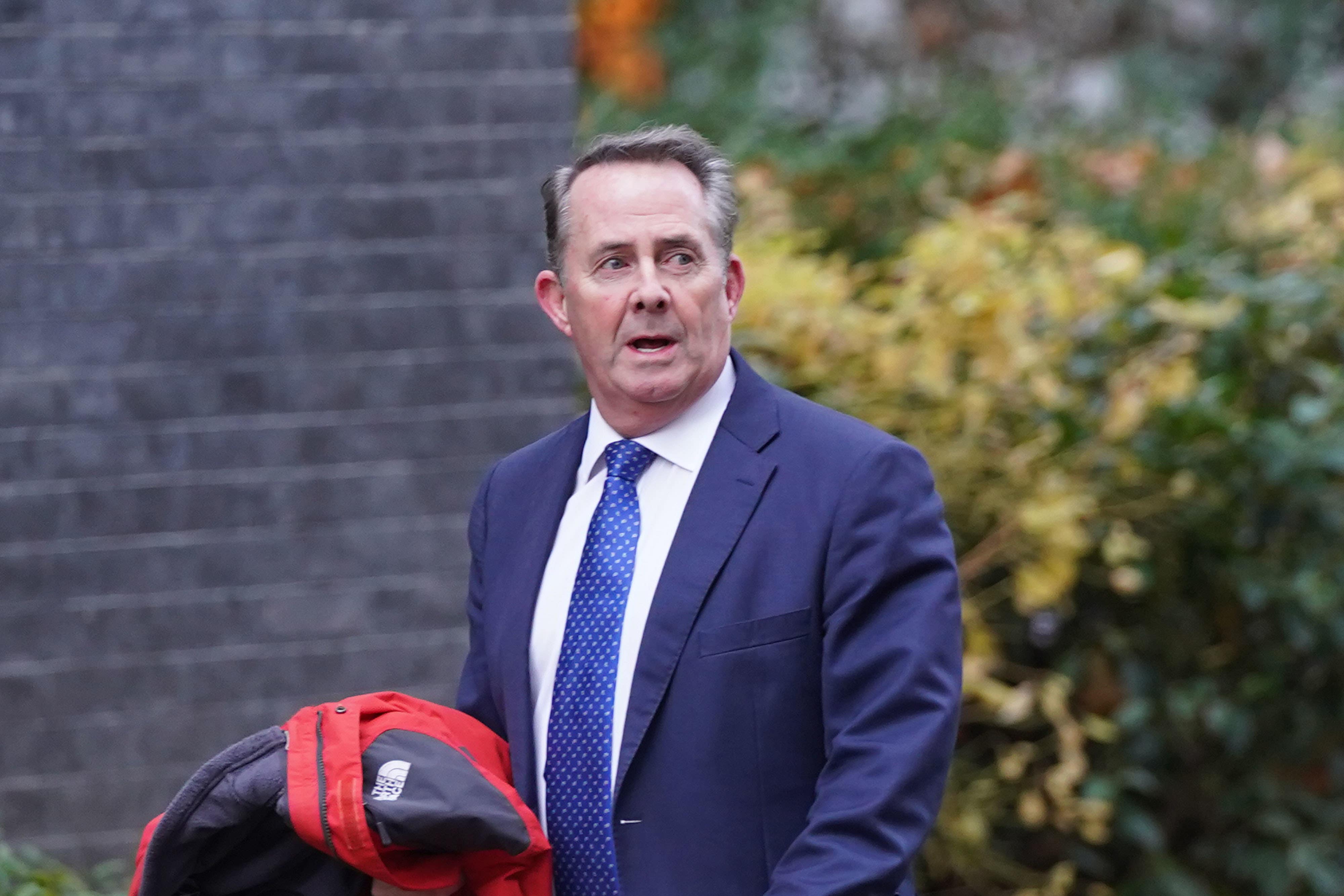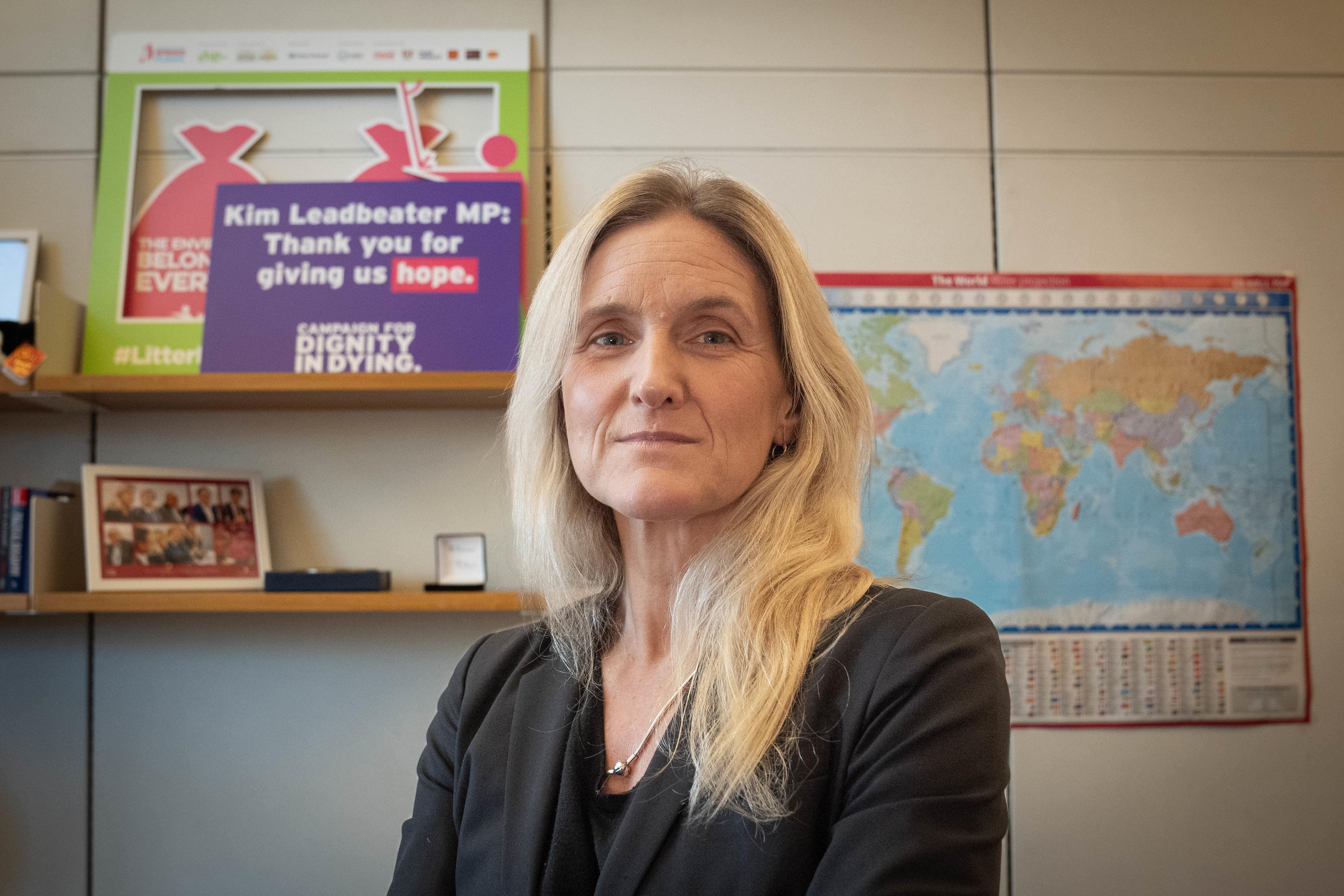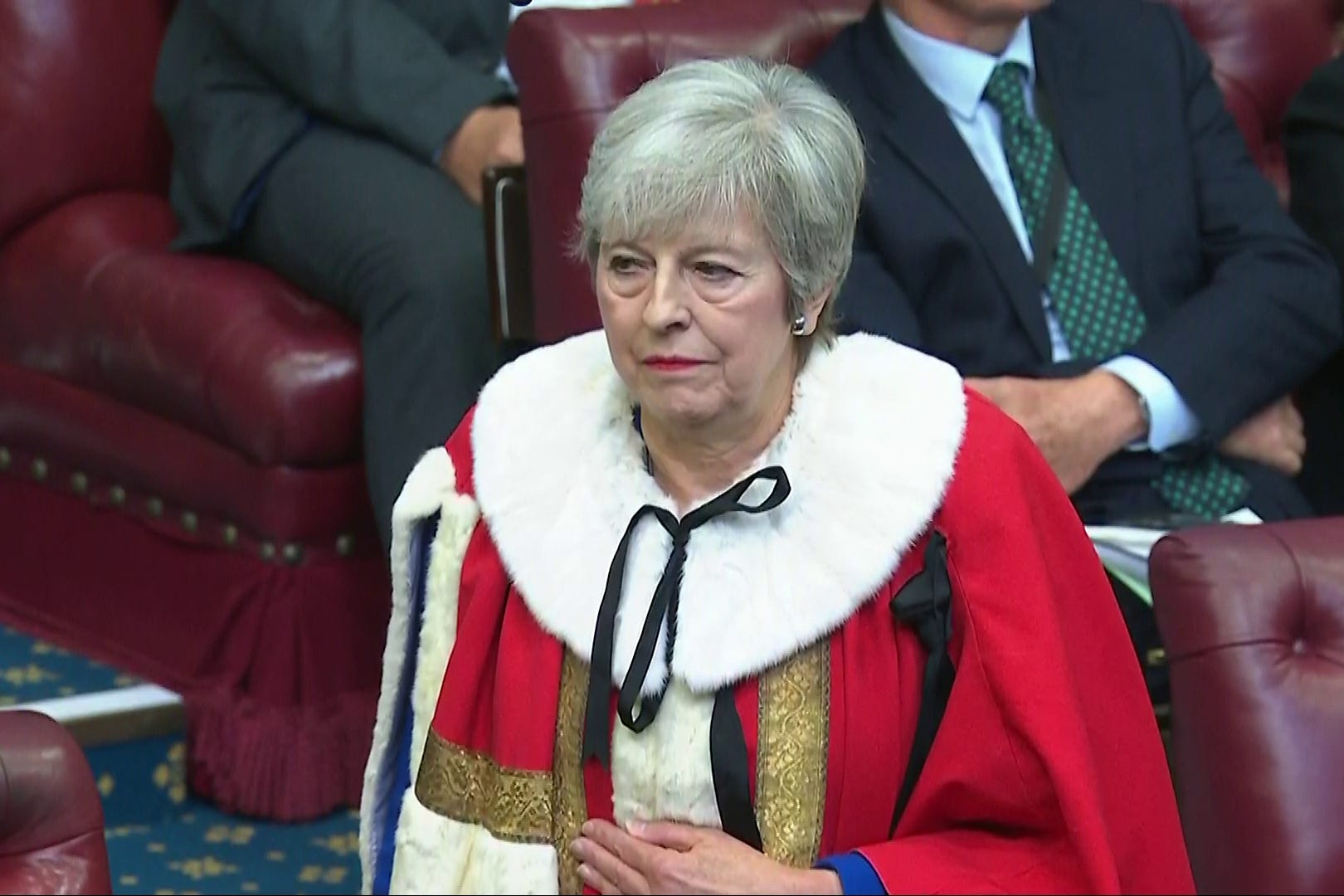Assisted dying is a slippery slope turning NHS into the ‘national death service’, warns Tory grandee
Exclusive: Dr Liam Fox has warned that the safeguards included in the bill are ‘completely false’ – his intervention follows opposition from Boris Johnson, Theresa May and Liz Truss and polling that reveals public concern over whether the NHS is fit to deliver assisted dying
A former senior cabinet minister has become the latest political grandee to oppose the assisted dying bill, warning that it could turn the National Health Service into “a national death service”.
Liam Fox, who is a practising doctor and served as shadow health secretary for more than four years, believes it would be impossible to prevent “the slippery slope scenario” of the bill being expanded beyond terminal illness, as he described the safeguards contained in the legislation as “false”.
His warning reflects concerns among the wider public, highlighted in polling seen by The Independent, which shows that 50 per cent do not believe the NHS is in a fit state to administer assisted dying.
It came as three former prime ministers – Theresa May, Boris Johnson and Liz Truss – united to oppose the bill, which is set to be debated on Friday, and as former attorney general Dominic Grieve warned that it would breach the rule of law.

Writing for The Independent, Dr Fox said: “As a doctor who became a politician, I believe that some of the so-called safeguards around this legislation are completely false. For example, the idea that the conditions set down in the bill cannot be altered in future, preventing the ‘slippery slope’ scenario, is just untrue.
“In our political system, no parliament can bind its successor, and so any future changes to widen the scope of the law would be entirely possible.”
While the bill’s sponsor, Labour MP Kim Leadbeater, has insisted her safeguards are “the strictest in the world”, Dr Fox based his concerns on what has happened in countries that have already introduced assisted dying.
He said: “We can see the potential dangers we will face by considering the Canadian experience. In 2016, Medical Assistance in Dying (MAID) was made legal in Canada for the terminally ill. In 2021, however, the requirement for death to be ‘reasonably foreseeable’ was removed; in addition, the extension to include people with mental illness has been approved in principle, and is due to come into effect in 2027.

“In 2022, 13,241 people died in Canada through MAID, accounting for 4.1 per cent of all deaths. This would be the equivalent in the UK of around 30,000 deaths per year. Perhaps most worryingly, more than 35 per cent of those who died by medical assistance in Canada in 2022 reported being motivated by the idea that they were a ‘perceived burden on family, friends or caregivers’.”
He added: “The state of Oregon in the USA has expanded the interpretation of ‘terminal illness’ to encompass non-terminal conditions like anorexia, diabetes, hernias and arthritis, and the Netherlands and Belgium have extended the practice to allow euthanasia for children and newborn babies.”

Dr Fox’s opposition to the bill comes after polling from Whitestone Insights found that 50 per cent of the 2,000 people polled agreed “that the NHS is not currently in a state where it would be safe to introduce assisted suicide”. This increased to 68 per cent among 18- to 24-year-olds.
Overall, 63 per cent did not believe that MPs have been given enough time to debate and scrutinise the legislation.
Former attorney general Mr Grieve claimed that the bill would be blocked on several grounds by the European Convention on Human Rights.
He was among five former senior government legal officials who warned MPs to vote against the assisted dying bill this Friday, with its passage resting on a knife edge. In their letter, they warned that the law would have “serious implications” for Britain’s judiciary, and that it seeks to “overturn decades of legal convention”, The Times reported.
Mr Grieve cited previous rulings under the Convention that decriminalising assisted dying would breach a state’s obligations if it did not come with adequate safeguards against abuse and coercion, adding that the upcoming bill “fails to provide such safeguards”.
The interventions by Mr Fox, Mr Johnson, Ms Truss and Baroness May – none of whom can vote on Friday – come after Gordon Brown declared that he does not support the legalisation of assisted dying, arguing that the state of the NHS means it is not the right time for such a momentous change.
The influential former Labour chancellor said the days spent with his wife Sarah at the bedside of their dying baby Jennifer were “among the most precious days of our lives”.

And, in an intervention that threatens to derail Ms Leadbeater’s Terminally Ill Adults (End of Life) Bill, Mr Brown called instead for the establishment of a commission to devise a “fully funded, 10-year strategy for improved and comprehensive palliative care”.
Ms Leadbeater has described her bill as the most robust in the world, with “three layers of scrutiny” in the form of a sign-off by two doctors and a High Court judge. It would also make coercion an offence with a possible punishment of 14 years in jail.

Under the legislation, which covers England and Wales, only terminally ill adults with under six months left to live and a settled wish to die would be eligible.
Ms Leadbeater said that opponents of plans to legalise assisted dying “mustn’t be hearing” the stories of the terminally ill. She called for the debate to focus on “the problem we have to fix” rather than “who in the cabinet has fallen out with who else in the cabinet”.
A cross-party group of MPs, comprising Conservative MP Ben Spencer, Lib Dem MP Munira Wilson, and Labour’s Anna Dixon, have co-sponsored a so-called “wrecking amendment”, which would scupper the bill if enough MPs supported it.
On Wednesday, Ms Dixon told BBC Radio 4’s Today programme: “There are a lot of complex legal and practical considerations that we don’t feel a private member’s bill is going to allow us to adequately address, and that’s why we’ve put down this cross-party amendment.
“The independent review would be something like a law commission or royal commission, and it would enable experts to look in much more detail at issues around, for example, coercion.”
Join our commenting forum
Join thought-provoking conversations, follow other Independent readers and see their replies
Comments
Bookmark popover
Removed from bookmarks